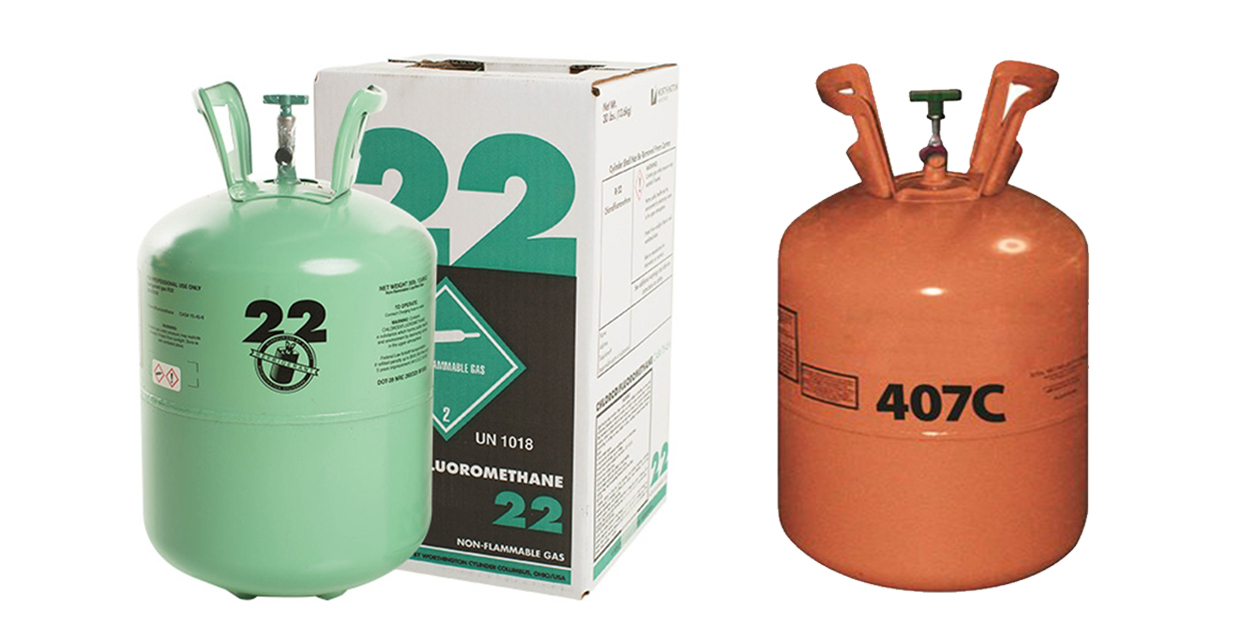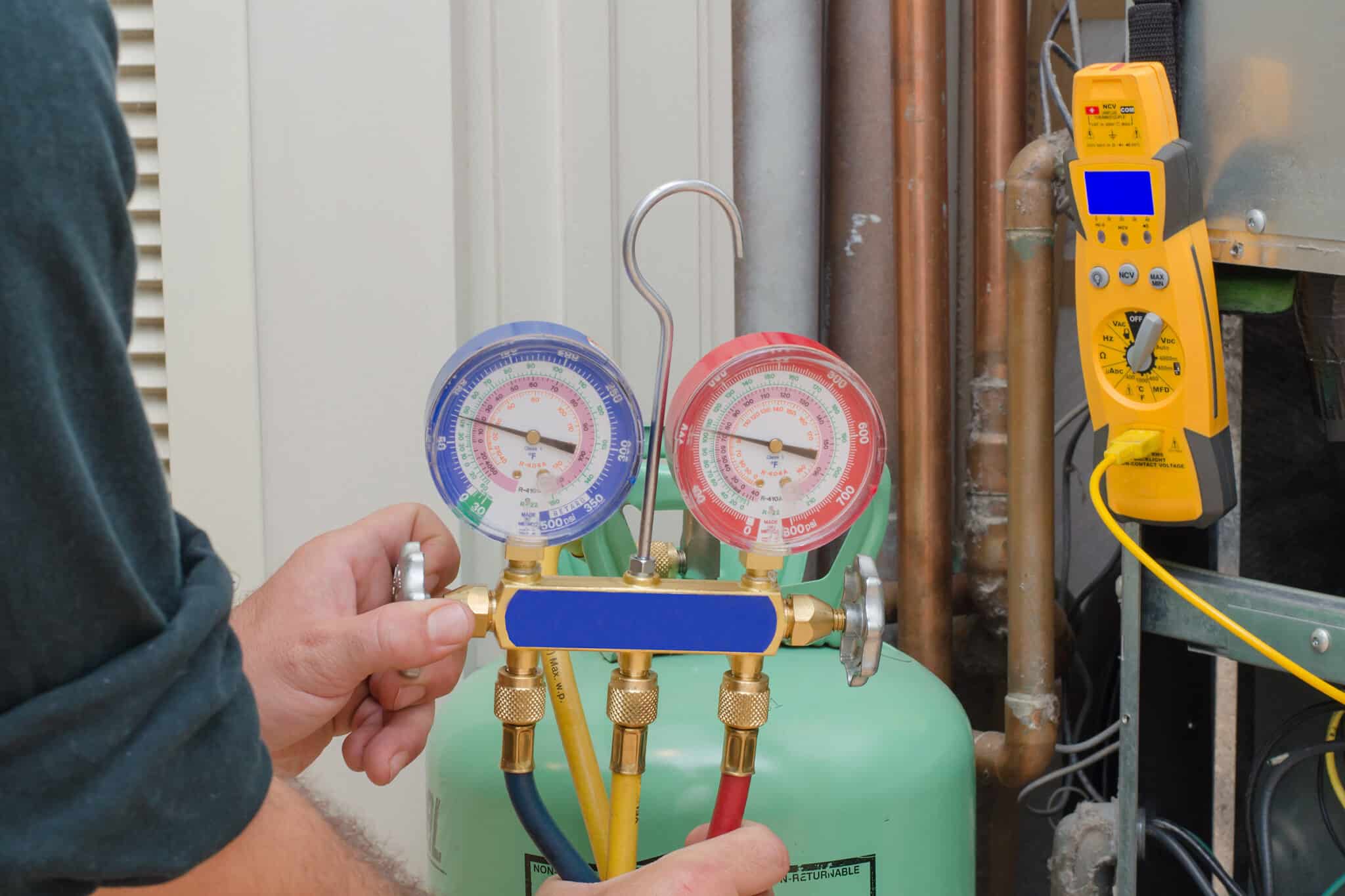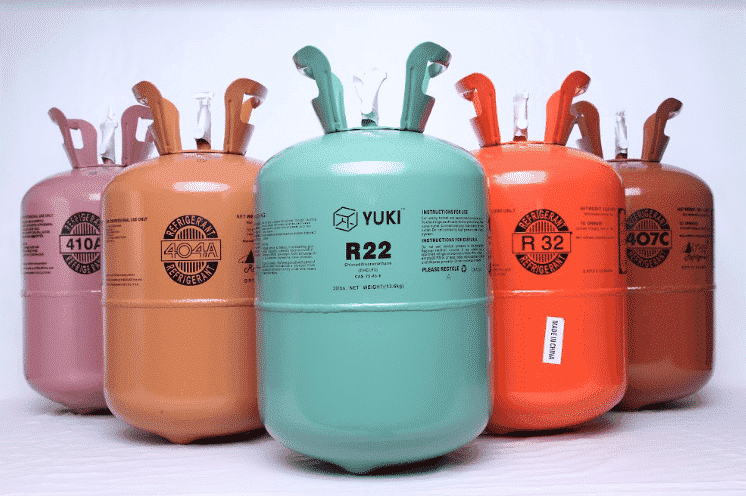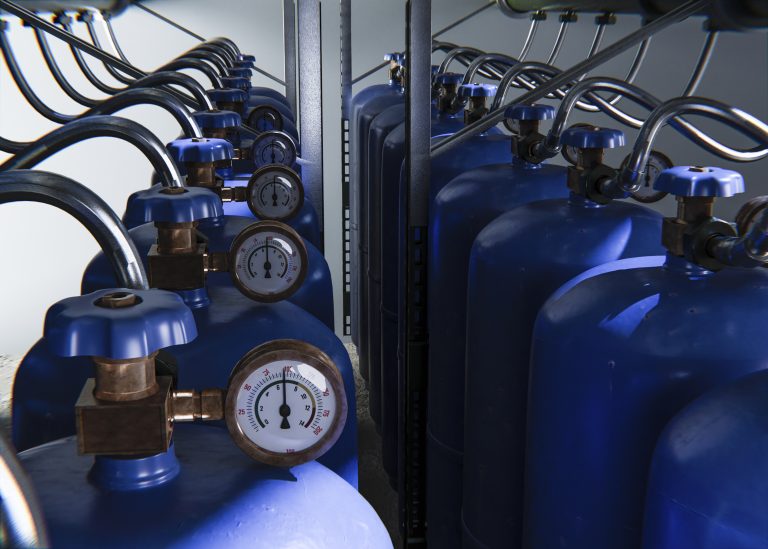In recent years, the question of “why is Freon so expensive” has become increasingly relevant. Freon, a crucial component in air conditioning and refrigeration systems, has witnessed a significant surge in its price. In this comprehensive article, we will delve deep into the factors contributing to the soaring cost of Freon, shedding light on the economic, environmental, and regulatory aspects of this issue.

The Rising Costs of Cooling
Why is Freon So Expensive Today?
Freon, also known as refrigerant R-22, has seen a dramatic increase in price due to various factors. The primary driver is its phase-out and replacement with more environmentally friendly alternatives, as mandated by international regulations.
Environmental Regulations
One of the key factors behind the expense of Freon is its environmental impact. Freon contains ozone-depleting substances that harm the Earth’s protective ozone layer. International agreements like the Montreal Protocol have led to strict regulations on its production and use, thereby limiting its availability and driving up costs.
Scarce Resources
The production of Freon relies on finite resources, such as chlorine and hydrochloric acid. As these resources become scarcer, the cost of production naturally rises, leading to higher prices for consumers.
Technological Obsolescence
Advancements in refrigeration technology have made Freon-based systems outdated. Manufacturers have shifted their focus to more energy-efficient and environmentally friendly alternatives, making the older Freon-based systems costly to maintain and repair.
Impact on Consumers
Cooling Costs
The escalating price of Freon has a direct impact on consumers’ wallets. Repairing or refilling air conditioning systems with Freon can now be a substantial expense, especially for those with older cooling units.
Energy Efficiency
Freon-based systems tend to be less energy-efficient than newer alternatives. Upgrading to more efficient systems can be a cost-effective long-term solution, despite the initial investment.
Environmental Consequences
The high cost of Freon encourages the responsible use and recycling of this refrigerant. This, in turn, helps reduce its environmental impact, preserving the ozone layer for future generations.

The Future of Cooling
Embracing Eco-Friendly Alternatives
As we navigate the increasing costs of Freon, it’s essential to explore eco-friendly alternatives that can not only save you money but also contribute to a healthier planet. Manufacturers and environmental advocates have been working diligently to develop and promote alternatives to Freon.
R-410A: A Viable Substitute
One such alternative is R-410A, a refrigerant known for its superior energy efficiency and minimal impact on the ozone layer. Transitioning to an R-410A-based system can result in lower long-term cooling costs and reduced environmental harm.
R-32: A Greener Option
Another promising option is R-32, which boasts even lower global warming potential than R-410A. Its increased energy efficiency can lead to substantial savings on your utility bills while reducing your carbon footprint.
Making the Transition
When to Upgrade
If you’re still relying on an older Freon-based cooling system, it may be time to consider an upgrade. While the upfront cost of a new system can seem daunting, the long-term benefits in terms of cost savings and environmental responsibility make it a wise investment.
Government Incentives
Many governments and local authorities offer incentives, tax credits, or rebates for homeowners who switch to energy-efficient cooling systems. These programs can significantly offset the initial expense and make the transition more affordable.
Consultation with Experts
To determine the most suitable alternative for your specific needs, it’s advisable to consult with HVAC (Heating, Ventilation, and Air Conditioning) experts. They can assess your current setup and recommend the most cost-effective and eco-friendly solution.

A Sustainable Future
Reducing Environmental Impact
By moving away from Freon and adopting greener cooling technologies, we can collectively reduce the environmental impact of air conditioning and refrigeration. This not only preserves the ozone layer but also helps combat climate change.
Financial Benefits
While transitioning to newer cooling systems may involve an initial investment, the long-term financial benefits are substantial. Lower energy bills, reduced repair costs, and potential government incentives can make eco-friendly alternatives more cost-effective.
Frequent Questions
How much has the price of Freon increased in recent years?
The price of Freon has risen significantly, with some estimates showing a 300% increase over the last decade.
Are there alternatives to Freon that are more affordable?
Yes, there are more affordable and environmentally friendly alternatives available, such as R-410A and R-32.
Can I still use my old air conditioning system that uses Freon?
While it is still possible to use these systems, it is advisable to consider upgrading to a more efficient and eco-friendly option in the long run.
Are there any government incentives for replacing Freon-based systems?
Some regions offer incentives and rebates for upgrading to energy-efficient cooling systems, which can offset the cost of replacement.
How can I safely dispose of old Freon containers?
Contact your local waste management or recycling center for guidance on the proper disposal of Freon containers.
Will the price of Freon continue to rise?
It is likely that the price of Freon will continue to increase as regulations become stricter and resources become scarcer.
Conclusion
In conclusion, the rising cost of Freon can be attributed to a combination of environmental regulations, resource scarcity, and technological advancements. While this may pose financial challenges for consumers, it also promotes the adoption of greener and more energy-efficient cooling solutions. Understanding the reasons behind the expense of Freon allows us to make informed choices that benefit both our wallets and the environment.





